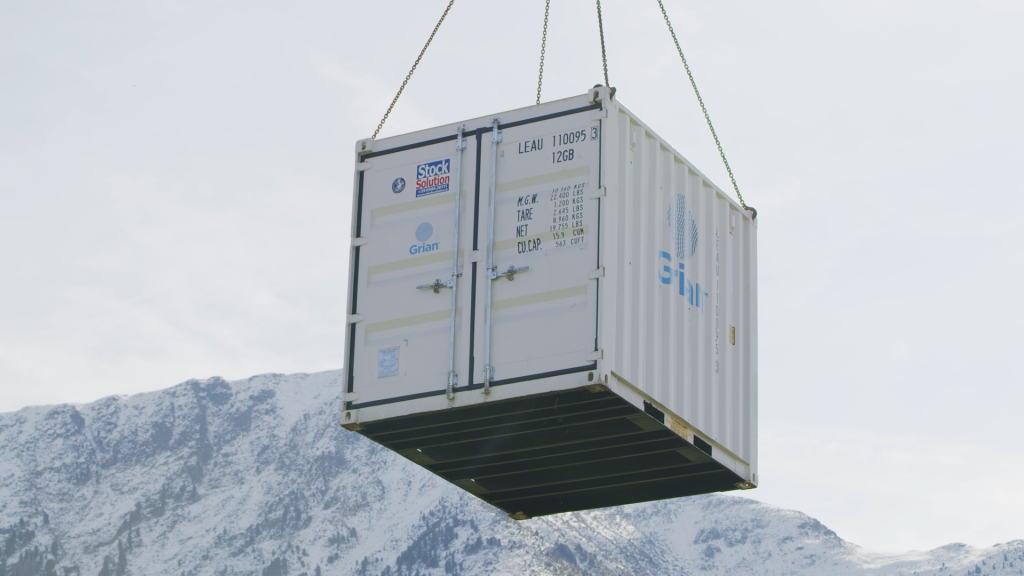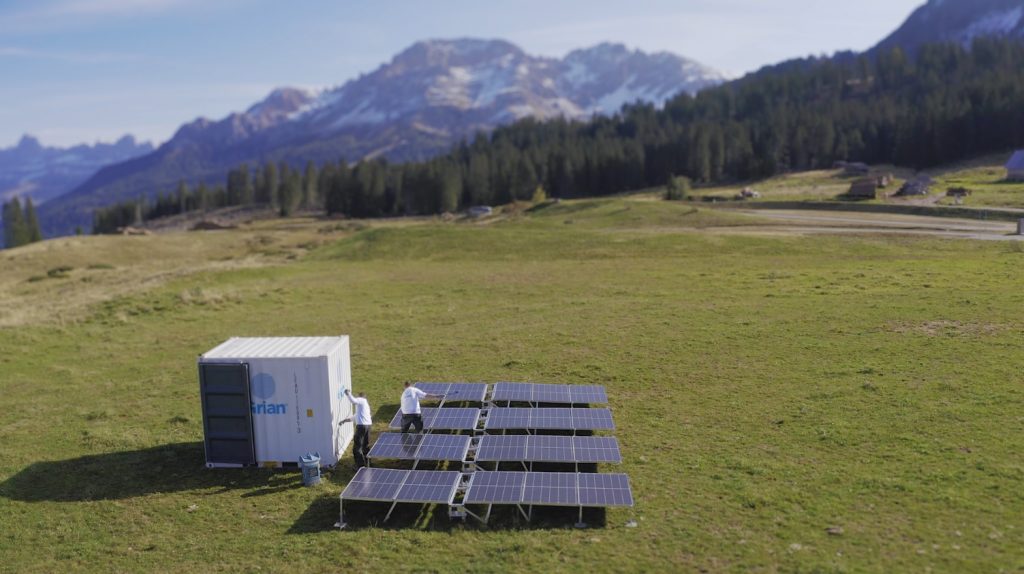The lack of access to reliable electricity is a huge barrier that many of the world’s developing countries face, which severely prevents them from progressing. The challenge of providing power to developing nations is made even more difficult by the fact that many of the communities in need of electricity are located in remote, hard-to-reach areas, which limits their access to essential power grids. In this blog, we’ll take a look at how Grian’s remote, solar energy solution can solve this problem, and how it can act as a sustainable, humanitarian solution for so many developing nations in need of a reliable energy source.
Energy Poverty
Firstly, let us explain the problem before we suggest a solution. Approximately 16% of the world’s population do not have sufficient access to electricity. These people are bearing the effects of a reality called energy poverty. Energy poverty refers to the inability to access a reliable source of energy, which contributes to an overall state of poverty and lack of development for affected communities. It is believed that energy poverty currently affects over 1 billion people worldwide. This extreme energy insufficiency that so many countries are experiencing, significantly contributes to the country’s ability to develop economically and must be changed in order to facilitate future growth in the developing world.

The United Nations have set in place a list of Sustainable Development Goals which address global challenges such as poverty, inequality, climate change and justice with the aim of achieving a better and more sustainable global future. Goal 7 on this list is to ensure access to affordable, reliable, sustainable, and modern energy. Although progress is being made in reaching this goal by the 2030 target with the share of renewable energy increasing year-on-year, further steps must be taken to introduce renewable energy sources to developing countries, in particular in Sub-Saharan Africa. The Covid-19 pandemic has also highlighted the need for access to reliable energy.
It is estimated that only 28 percent of healthcare facilities in sub-Saharan Africa have access to reliable electricity. This poses severe challenges to healthcare services in these developing nations as they struggle to deal with the devastating consequences of the pandemic. A lack of access to power in hospitals and communities during the Covid-19 outbreak could magnify the human catastrophe and significantly reduce the speed of the overall global recovery.
To provide a sustainable solution to end energy poverty, attention must be drawn away from the use of fossil fuels as a means of providing energy to developing countries. Over 3 billion people worldwide currently rely on wood, coal, charcoal or animal waste for cooking and heating purposes. The implementation of sustainable methods of electricity, such as solar energy, could provide clean, long-term power for billions of people living in poverty and dramatically increase their standard of living.
Costa Rica
A definite success story of a developing country that has seen significant improvements because of using renewable energy is Costa Rica. More than 99% of the country’s energy came from renewable sources in 2019, and they are committed to increase that to 100% in the next number of years. Hydroelectricity currently accounts for 78% of their power, with the remainder derived from wind, geothermal and solar energy.
Going forward, however, Costa Rica plans to de-emphasize further expansion of hydroelectricity in favour of wind, solar and geothermal energy. Although the country has reaped the hydro-benefits of being surrounded by an abundance of free-flowing water, there are some remote locations which would require significant infrastructure investment to transport this electricity through nationals’ grids. This is where remote solar energy, and in particular Grian™, could play a vital role in providing sustainable energy to these remote communities in Costa Rica.

How Grian™ Can Help
Grian™ is a rapidly deployable solar energy solution aimed at supporting any organisation or agency with a remote energy generation requirement. A single Grian™ solar panel can provide enough energy to power a small village of 20 houses of 24 hours. Affordable and reliable, Grian™ is an excellent solution to providing electricity to remote, underdeveloped areas with poor infrastructure that would not support national energy grids.
One Grian™ system is at least $10K cheaper over its lifetime than its equivalent diesel generator, has no maintenance costs, no logistical tail, provides no risk to life, and each unit prevents more than 300 tonnes of C02 emission into the atmosphere. This can allow corporations, charities, and communities to harvest Grian’s™ CO2 offset and trade this commodity to further balance out the cost of the system throughout its lifetime. An easily transported, timely solar energy solution such as Grian™ goes beyond other conventional energy systems to deliver sustainable energy as a complete solution to ending energy poverty in the developing world.
The time is now to ensure that the UN’s goal of providing worldwide access to affordable, reliable, sustainable, and modern energy is met by 2030. To learn more about Grian™ and how we can practically supply clean energy to developing countries, schedule a chat with us here.

Recent Comments